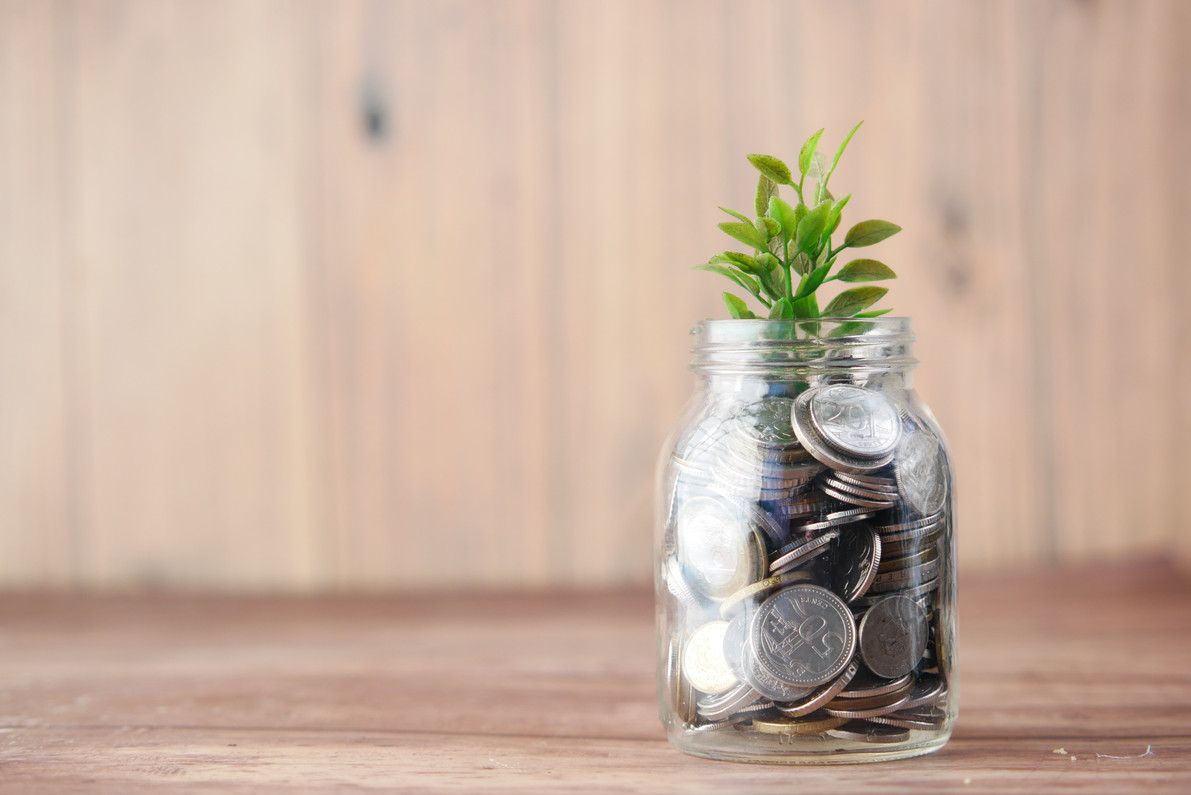A No-Go for Greenwashing: Our Guide to Green Businesses
With the rise in concern for the climate crisis and a rising popularity in eco-friendly products and support for green businesses, it can be hard to know when a company is truly obtaining and selling their products in a way that significantly reduces environmental harm rather than simply trying to trick you into believing their greenwashing marketing scheme. So what is greenwashing, and how do I stay away from it?
Greenwashing is a marketing tactic used by companies who put effort into appearing environmentally conscious to gain public favor yet implement no real changes that reduce their ecological impacts. The term started out as a way to describe how hotels may put out many noticeable signs (that themselves entail carbon emissions and other consequences to create) commending their own sustainable efforts and asking guests to reuse their towels, yet make no real changes to how they operate to better the environment and simply save money by doing so. Below are some tips on obvious things to keep an eye out for that may signify that a company is employing greenwashing or otherwise not accounting for serious causes of environmental harm within their operating strategies.
- Check that they have a detailed "About Us" section somewhere on their website that outlines their mission and goals, and see if it addresses the mark they leave on the planet. Check their FAQ's as well.
- Look to see where their products are made, not just "designed", "imported to", or "shipped from", and make sure that it is in your or a bordering country. If they do not clearly display this information along with each product or on their main information page, this is probably not a good sign.
- Find out how their products are made, what they are made of, and where they are getting their materials from, and ensure that it is from a place with fair working standards that uses sustainably sourced materials in some way.
- See if they carbon offset their shipping, and if so what aspects of it, whether solely from them to the customer or if they additionally offset shipping from their manufacturers or wholesalers to them as well. Bonus points if they are fully carbon neutral, offsetting all business activities!
- Consider if they donate any of their sales to environmental or other non-profits, and if they provide information on those organizations so you know where your money is going.
- Inspect the packaging of any products you purchase to see if it uses sustainable materials, how completely, and that they inform you on how to properly recycle or compost them to know that they really are considering multiple points of typical waste and other environmental damage.
Here at J. H. Appleseed, we greatly value transparency so that both us and our customers can sleep soundly at night knowing that we are truly reducing ecological harm and unnecessary waste through the use of our products and the support of our business. Please feel free to remind yourself of these tips when viewing our website and products and do not hesistate to reach out here with any questions on how we operate and do our part in protecting the planet.
Recent Posts
-
Voting for Climate Action
On November 18th, 2000, Judge Charles Burton held a paper ballot up to a ceiling light of the Palm B …Oct 30th 2024 -
Celebrating Halloween Sustainably
2000 years ago, in what is now Ireland, the United Kingdom, and Northern France, the ancient Celts g …Oct 30th 2024 -
Climate Denialism
In 1859, a 39 year-old Irish physicist named John Tyndell was ecstatic to publish the results of his …Oct 17th 2024




